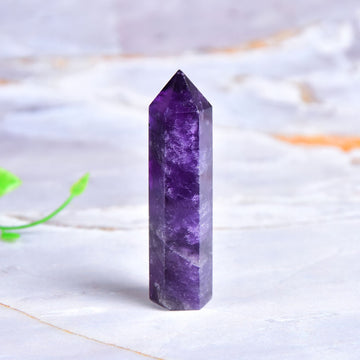Plants, leaves and seeds provide the necessary means for making medicines and curing many ailments and health problems.
For centuries before the introduction of pharmaceutical companies, people had to rely on plants for their medical provisions.
Herbs: Nature’s heavy artillery.
When we say herbs, we refer to the plants that do not grow a hard wooden trunk. Every winter, they die, leaving their roots in the ground. Herbs are an important source of spices and condiments; they are used by chefs all over the world to provide the edge and unique flavors to delicious dishes. In the past, during the period of time where freezing food had not been discovered yet, herbs were also used to preserve various foods and meats.
But the usefulness of herbs is not limited to cooking. Herbs are used in the making of perfumes, dying and protecting fabrics, and most importantly, for the prevention and cure of medical ailments.
However, as the years have passed, people have stopped growing herbs and resorted to buying them, usually dried and stripped of most of their healing properties and health benefits. Interestingly, the trend is now shifting back to people growing their own herb gardens.
But what if I don’t have the time and/or space for that?
In a world that requires us all to live a fast-paced life, it is totally understandable that someone might not have the time to tend to plants. And quite often this same world requires that we reside in big cities where space for a garden is not always an option. But does that make growing our own herbs impossible? No, it does not.
Four small pots and a place next to a window is all you really need. It would be great if we were all able to have a big garden full of different kinds of herbs, and if you are able to do so, please go ahead. However, if you are not, you need not despair. There is, of course, a plethora of herbs that are very beneficial for your health but I have picked out for you the four most useful, which are easy to plant and to maintain. Sun will do all the work for you and the only thing you need to remember is to water them once every two days. So let’s take a look at them, even though, if you have heard the song “Scarborough Fair” by Simon and Garfunkel you might already know some of them.
Nature’s Fantastic Four
- Parsley. One of the easiest herbs to grow. When used in cooking it provides freshness to vegetable meals and casserole meats. It is a great natural source of folic acid that helps maintain good cardiovascular health. Parsley plays an important role in transforming homocysteine into benign molecules. High levels of homocysteine can be very bad for blood vessels, increasing the risk of cardiac arrests and strokes. The consumption of parsley can help reduce the risk while adding flavor to your meals.
- Sage. Already quite popular for its many uses, sage can be consumed either as a condiment for your meat, especially poultry, or as an herbal tea. Its properties have a great impact on anything related to the brain. Not only does it help prevent diseases that are connected to it, but it also helps with the improvement of focus issues.
- Basil. Another popular herb with a taste more to the sweet side. Fresh basil leaves must be chopped before you add them to any recipe so they can provide their wonderful scent to your meals. You can use them in pretty much any recipe and count on them to give it a unique twist in both smell and flavor. The active components that are found in basil, called flavonoids, provide us with a strong protective shield on a cellular level.
- Peppermint. This herb is really easy to grow as it does not require much sun or watering. It can grow in shade and with just a little moisture, making it easy to maintain. Peppermint can be found in everything from toothpastes to gum but it is also quite amazing to use when cooking. You can dry some leaves and use them when you make sauces or cook meat and they give a very fresh and minty taste. It also has had medicinal uses for, some say, as long as ten thousand years now. This herb, when made into tea, has excellent properties for healing abdominal pain, helping with nausea and relieving intestinal problems.
Now that you know, you have no excuse!
Now that you know how beneficial the consumption of these four herbs can be for you there are no excuses left to be made. You have been provided with the means and all it takes to have your very own natural medicine cabinet in your home is a trip to your local plant store.
Author: Jyothi Kumar



































